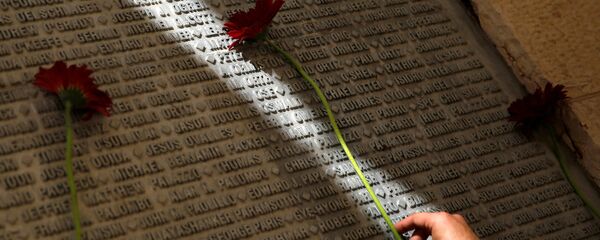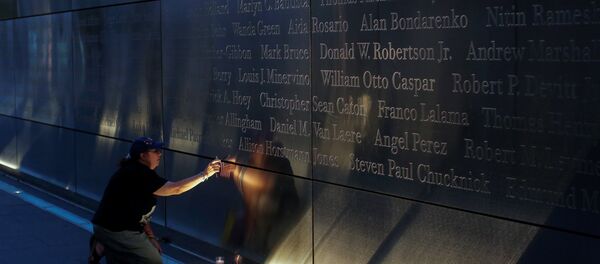"The erosion of sovereign immunity will have a negative impact on all nations, including the United States," Riyadh said in a statement. The kingdom further stated that it hopes Congress will work "to avoid the serious unintended consequences that may ensue."
The statement did not include specific threats, retaliation, or what the consequences would be.
JASTA will allow for victims and the families of the 2001 attacks to sue the Saudi government. Riyadh has denied funding the terrorists who attacked the World Center and killed nearly 3,000 people, but 15 of the 19 hijackers were Saudi Arabian nationals.
Leading up to the JASTA vote, the Saudi government waged a massive lobbying effort, arguing that the bill would undermine sovereign immunity. Following the passing, they remained silent until the following day.
“What would happen if Saudi Arabia froze its cooperation with the United States with regards to counter-terrorism as a response to JASTA?” Salman al-Dosary, editor-in-chief of the pan-Arab, Saudi-owned Al Sharq al-Awsat newspaper, tweeted.
Others have taken to social media to claim that the United States just wants to steal the kingdom’s wealth. JASTA was “the last chance [for the US] to bleed out the resources of our good nation,” Saudi national Abdullah Medallah tweeted.
Many have worried that the passage of the bill will impact the US relationship with their close Middle Eastern ally.
On Thursday, after the veto was overridden, the Saudi riyal fell against the dollar.
“This bill reflects an anti-Saudi campaign. It is time to see less of America in our midst,” Abdulkhaleq Abdulla, a political scientist in the United Arab Emirates told Reuters.





